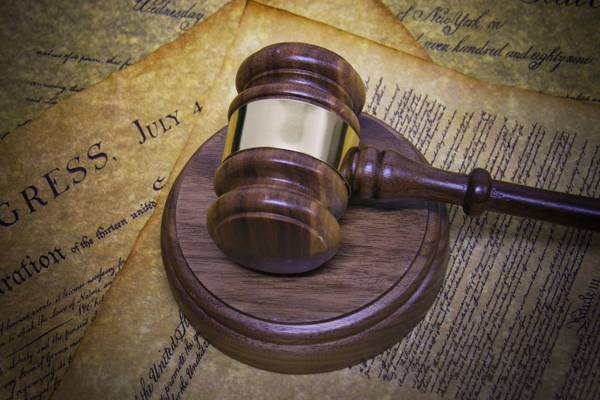
Usually an Injunction is described as an Order to stop an act. There are many types of Injunction, but generally, the interim/interlocutory injunction is the usual Injunction sought in Court.
The Rules of High Court 1980 has a specific provision to guide Judges & Lawyers on the procedure to apply for an Injunction, specifically Rule 29. The most famous case quoted would be the American Cynamid case where the English Court gave a guide on when to grant an Injunction. In Malaysia, the case of Keet Gerald adopted and adapted the English legal principles from that American Cynamid case.
The most significant requirement would be the need to retain the position of the Plaintiff. The Court would have to be persuaded that failure to grant the Injunction may cause irreparable damage to the Plaintiff.
Judges in Malaysia do not grant Injunctions freely. Ask any Civil Litigation lawyer, and they will tell you that it is difficult to persuade a Judge to grant the order. Usually it would need strong evidence in support of the Plaintiff to bring the Judge to the Plaintiff's side.
A lawyer would usually file a Writ or an Originating Summon to initiate a suit against the other party. The Suit would have the usual prayers of a mandatory Injunction against the Defendant though in practise, once an interim/interlocutory Injunction is granted, that may see the conclusion of the matter.
The lawyer would also file a Summon in Chamber (SIC) to seek an ex-parte, interim/interlocutory Injunction; and that SIC would be backed up by an Affidavit explaining the reasons for the need to have an Injunction against the Defendant. A Certificate of Urgency is filed together with that SIC to seek leave from the Registrar that the Plaintiff's case be heard as soon as possible, usually on the very day the SIC is filed.
When this SIC is heard before the Judge and if an Injunction is granted; this is an ex-parte interim/interlocutory Injunctions - which is an order granted without the presence of the Defendant, and is usually granted if the circumstances warrant the Court to intervene quickly. The law demands an undertaking from the Plaintiff that should the Injunction be deemed incorrect later, the Plaintiff must compensate the Defendant.
About 21 days later, the Court will fix a new date where the Defendant now may appear in Court to contest the Injunction. Amongst lawyers, this is called the Inter-parte Injunction.
Injunction applications amongst the Civil Litigation lawyers is usually seen as tough, particularly since these kind of applications usually must be filed quickly (sometimes within hours of receiving instructions from the client) and challenging to the lawyer.
In future postings, RWL will comment on popular Injunctions like the Mareva Injunctions, the Anton Pillar Injunction & the Erinford Injunction.
No comments:
Post a Comment